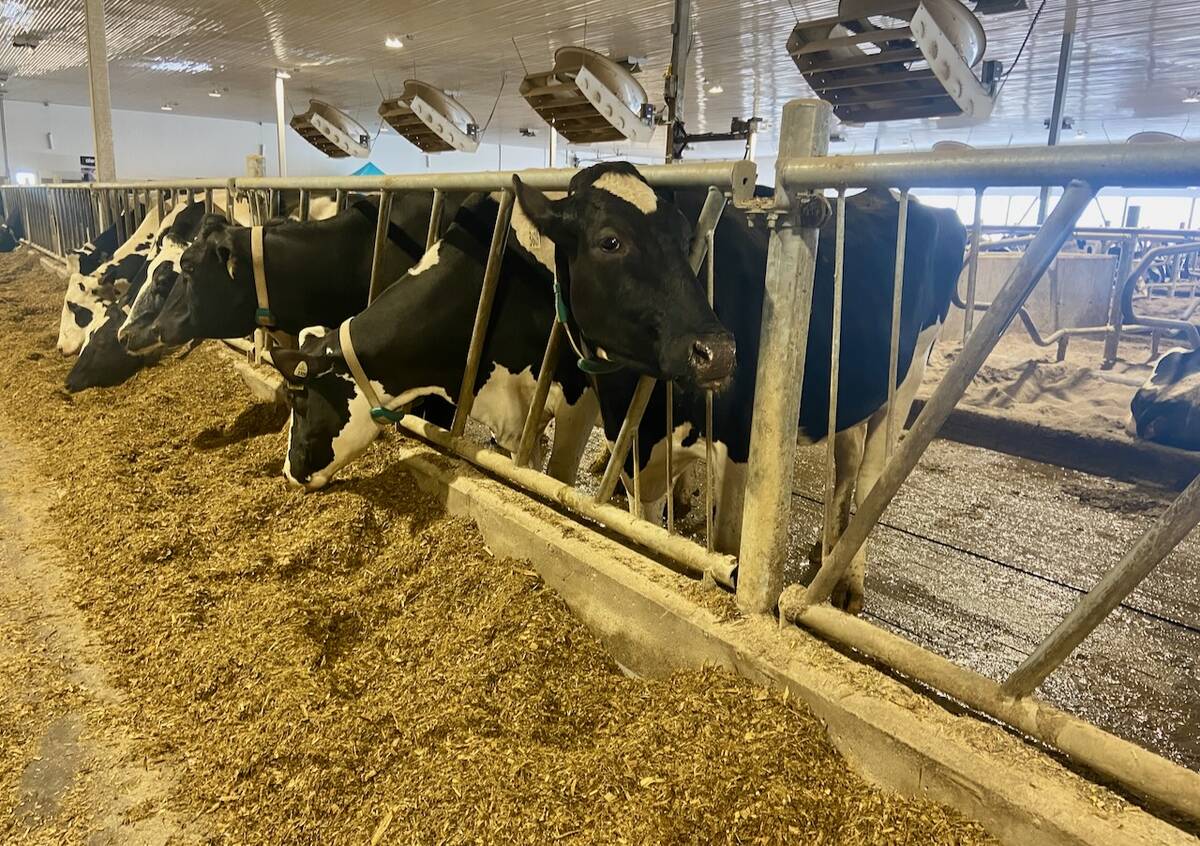It is madness to use grain to fuel the energy industry, a British maltster says.
“Burning food to make fuel is not acceptable,” Tim Stonehouse, group malt sales director of Muntons Malt in Stowmarket, England, told the Western Barley Growers Association convention in Calgary Feb. 14.
He said a moral dilemma is created when half the world relies almost entirely on food aid and not enough grain exports are coming out of Europe or North America.
As well, he added, the need for grain to drive the biofuel industry could shorten corn and wheat supplies in traditionally commodity rich countries.
Read Also

U.S. farm group supports supply management
U.S. grassroots farm advocacy group pushing new agriculture legislation that would move towards supply management like Canada has for dairy industry
“We could end up with a situation where we have to import cereals for our own usage as we sacrifice more for the energy sector.”
Stonehouse advocates investigating the next generation of energy development using more diverse products such as algae, which is 16 times more efficient than corn. It remains at the experimental stage.
Many speakers during a discussion on land use, feedstocks and government subsidies criticized the United States for its $7 billion a year subsidy program for ethanol production because that action has skewed world grain prices.
U.S Department of Agriculture researcher Kevin Hicks defended the government’s decisions, saying there is enough grain for all.
He also said the higher prices enjoyed among grain producers are well deserved.
“The producers of our grains deserve to get a reasonable price for their crop and that has not been the case for many years,” he said.
“Because of biofuels we have seen the elevation of grain prices.”
While the livestock industry squirms over high grain prices, he pointed out that hog and cattle feeders did well when corn was $2 a bushel and meat was relatively cheap at the retail level.
However, Hicks agreed the U.S. ethanol industry has grown too fast and caused hiccups along the way.
He said the industry didn’t disrupt the market when it started out at the small farmer co-operative level, but when financiers on Wall Street discovered in 2006 that plants could be built and paid off rapidly, they entered the market without being sensitive to the needs of all agriculture.
Now, as ethanol prices fall and grain prices rise, fewer plants are being built and financing is more difficult to find.
Hicks also admitted some agriculture industries are on the line because of a government policy committed to energy self sufficiency.
He agreed more money should go into technology that will use little land and create a lot of fuel.
The current disruptions are felt keenly within the malting and feeding industries.
Bob Sutton, vice-president of sales and logistics for Rahr Malting in Alix, Alta., said biofuel has stressed an already strained world grain supply. Stocks cannot be rebuilt fast enough for a world in which 80 million additional people must be fed each year.
He agreed it is good to see healthy prices for farmers, but they should be market driven rather than government mandated.
As well, he said consumers will have to decide what they want land used for – food or fuel.
Stuart Thiessen, a farmer and feedlot operator in Strathmore, Alta., objects to a subsidized biofuel industry that creates more competition for grain and land.
He also fears for the future of his industry.
In Alberta, livestock uses about 85 percent of the barley grown.
About 5.8 million tonnes of feed grain are consumed by animals, and feeders import another million tonnes.
He said that could force some of the cattle feeding sector to shut down.
“What if bioenergy falls off the sexy list and you have pushed out the feedlot sector?”
Alberta Beef Producers also wants to see more research devoted to higher yielding, high quality feed grains and has set aside $250,000 to help build longer-term funding. It also wants to make the government understand this research is needed.
“The biggest challenge is to get competitive again because we are no longer there,” Thiessen said.















